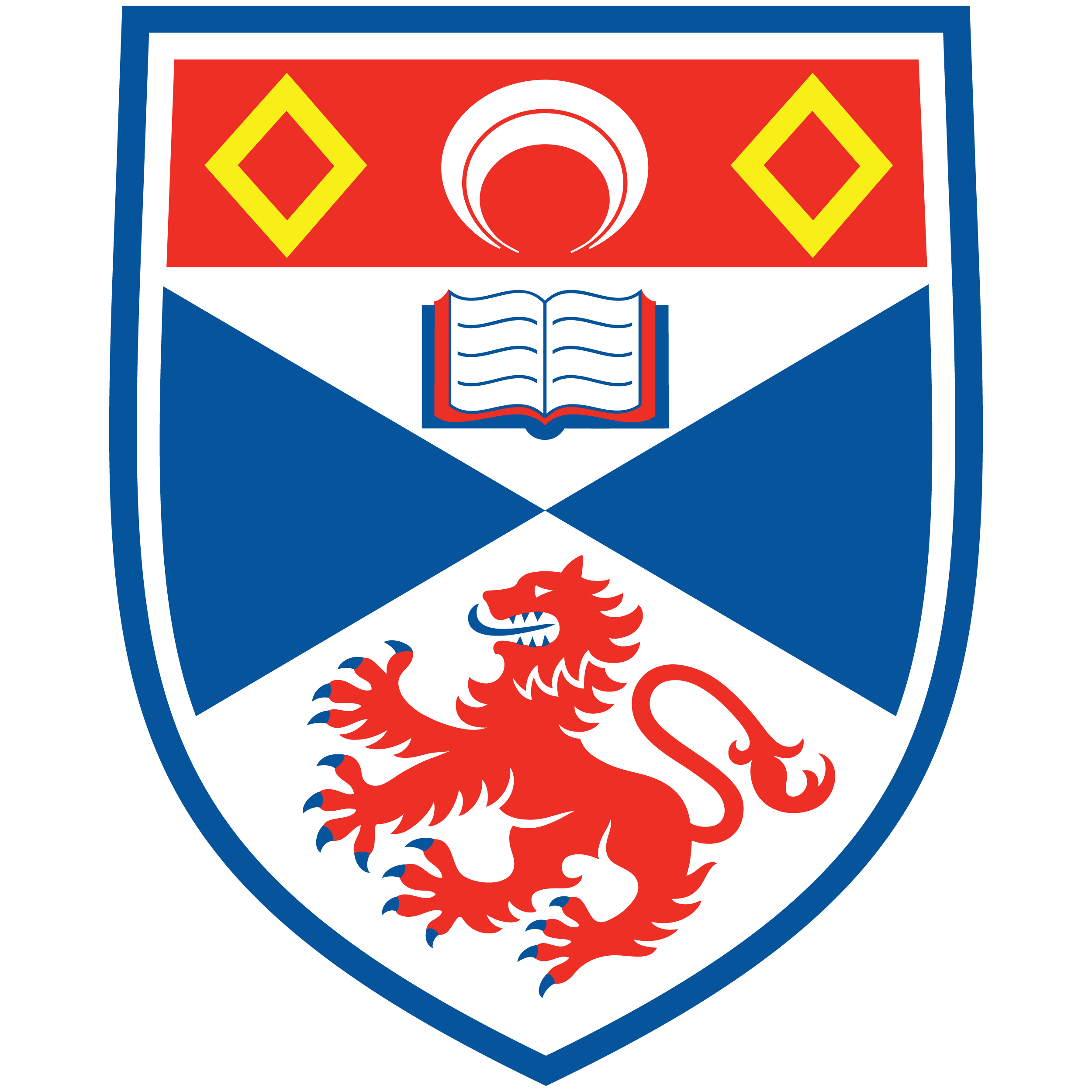Ryan Patterson, one of the Careers Advisers at St Andrews, shares her top tips for thinking about your degree and future career plans.
Additional information
What can I do with my degree?
There are different ways you can use your degree or course from the University of St Andrews. Prospects offers comprehensive advice and suggestions for how you can use your degree; the site provides examples of job roles directly related to your degree and examples of job roles where your degree would be useful.
You can also review the Careers Centre webpage on what you can do with your degree or course, which links to career sector pages, graduate destinations data, and additional external resources.
Thinking about your career
When thinking about career options, it is advantageous to adopt a strengths-based approach, which means aligning your strengths, skillset, and interests with what is required in a job role.
As someone with autism, your strengths may include attention to detail, efficiency, logical thinking, and information retention. These strengths provide you with a valuable set of skills that can be useful in many job roles. Examples of roles that utilise these skills include web developer, data analyst or data scientist, policy officer, and copy-editor.
If you would like to understand your individual strengths and identify career opportunities, complete a spiky profile. A spiky profile is an inclusive tool that provides a visual representation of personal and work-related strengths and areas for development. Additionally, you will receive potential career ideas and work preferences, descriptions of behaviours or situations that may be challenging, and ideas about potential workplace support that might suit you.
CVs – Top Tips
- Tailor each application by matching your CV to the job description. The job description will outline the key skills and experiences the employer is looking for in a successful applicant. Your CV needs to reflect and show evidence of these.
- If you don’t have directly relevant experience, you can highlight the key transferable skills you have gained from your degree, work and voluntary experience, or extra-curricular activities. Transferable skills can include the ability to plan and conduct research, strong attention to detail, efficiency, problem-solving, and information retention.
- CVs can vary in length. As a guideline, term-time jobs are usually one A4 page. For graduate jobs, usually two A4 pages.
- Be concise and use short sentences.
- Write in the third person and use action verbs to make your writing impactful.
- To get immediate, AI-generated feedback on your CV, including how to tailor your CV to a specific opportunity, you can submit your CV to CareerSet. Additionally, you can make an appointment with a CV/Cover Letter Adviser.
Cover Letters – Top Tips
A cover letter is the introduction to your job application and focuses on why you are applying for the role. In general, your cover letter should include five paragraphs:
- Introduction – Explain why you are writing. Say where you saw the job vacancy and introduce yourself.
- Why this type of work – Describe why you are interested in the type of work you are applying for.
- Why this employer – Explain why you are interested in this organisation, showing evidence of researching the employer.
- Why you – Explain briefly why you are suited to the job. Mention your relevant skills, experience, and knowledge.
- Conclusion – End by saying you believe you’ve shown that you’ve met the requirements of the job and you look forward to hearing from them.
A cover letter example (PDF) can be found here. When writing your cover letter, aim for one A4 page in length and be concise. Also, as your cover letter and CV are submitted together, present them similarly by using the same font. It’s also important that your cover letter is error-free, so to get immediate, AI-generated feedback on your cover letter, you can upload it to CareerSet. Otherwise, make an appointment with a CV/Cover Letter Adviser to have them proofread your letter.
Interviewing
Competency-based questions are a common type of question employers use during applications and interviews. These are questions that ask candidates to provide an example of when and how they have demonstrated a particular skill or attribute.
You might read the person specification for a vacancy you’re interested in applying for and it might include a list of requirements such as teamwork, communication skills, organisation skills, or creativity. These skills are broad, and sometimes there is minimal to no explanation or context provided, which can make it difficult to know how to best answer an interview question related to those skills.
To learn how to answer competency-based questions, review the Association for Graduate Careers Advisory Services’ (AGCAS) Disability Task Group’s blog post on this topic.
Work Experience Resources
- Employ Autism Higher Education Internship Network: The programme helps students transition into full-time work by accessing paid internships with autistic-confident employers and tailored careers support and advice. All undergraduate and postgraduate students, in any year of study, can participate in this programme.
- Auticon: For autistic jobseekers interested in working in IT, data analysis, data science, and cybersecurity.
- Exceptional Individuals Jobs Board: A jobs board advertising vacancies, specifically for neurodivergent jobseekers, with inclusive employers.
- Enna (Employers Neurodiversity Network) Jobs Board: Enna operates as a specialist employers’ network, which connects talented neurodivergent individuals to job opportunities with inclusive employers, whilst supporting and educ
| Other useful resources:
IMAGE Employability Toolkit for students and graduates Learn about the steps and challenges involved in choosing a career, applying for a job, and settling into the workplace. The toolkit includes “How to…” articles and case studies from across Europe. There is an interactive profile builder that turns strengths, challenges and preferences into templates to print or email. https://toolkit.imageautism.com/
Also, there is a newly available free employability course for autistic students and graduates available through Udemy. |
About the author
Ryan Patterson, Careers Advisers at the University of St Andrews,


 Back
Back